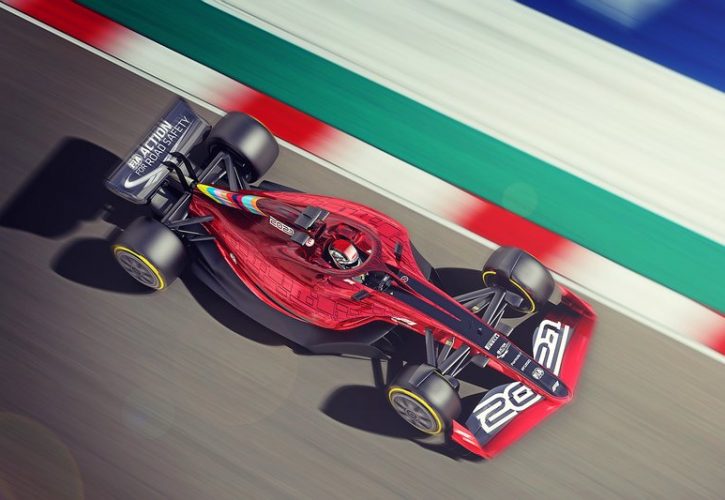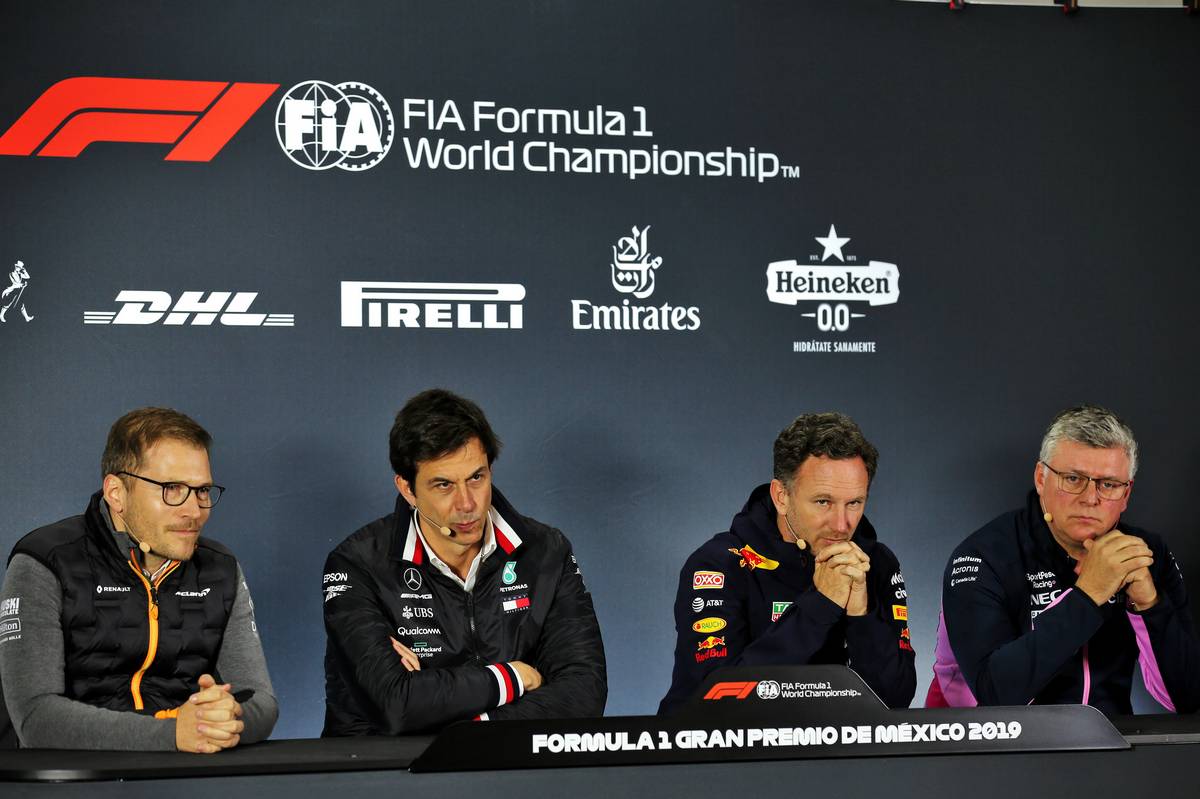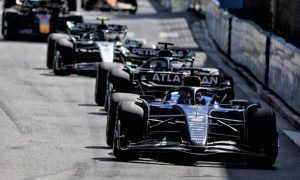
F1 teams have agreed in principle to push back the sport's regulation overhaul to 2023, according to Red Bull's Christian Horner, but the final decision will rest with the FIA.
As Formula 1 comes to grips with the inevitable financial consequences linked to its truncated season caused by the COVID-19 crisis, emergency measures are being put in place to protect the teams' future.
F1 and the FIA have delayed the introduction of the sport's new rules to 2022 to lighten the burden of the teams' development costs this year. It has also been decided to carry over to next season all 2020 chassis designs, with only limited aero development allowed for 2021.
However, Horner argues that delaying the new regs to 2022 equates to kicking the can down the road in terms of the cost burden the teams will need to assume.
"We're also talking about pushing back a further year the new regulations, because in my mind it would be totally irresponsible to have the burden of development costs in 2021," Horner said in an exclusive interview with the BBC.
"There seems to be reasonable agreement but it needs ratifying by the FIA to push back those development costs into 2022 for introduction in the '23 season.
"The most important thing we need now is stability. Because the one thing we know is that whenever you introduce change you introduce cost.
"And stability right now and locking down as much of the car as possible is the most responsible way to drive those cost drivers down."

It's been suggested that F1's $175 million budget cap, which will go through next year as scheduled, could be lowered, a request strongly supported by FIA president Jean Todt.
But Horner underscored the need to focus on cost reduction rather than on a maximum budget threshold.
"There is positive and healthy discussion going on among all the teams to be responsible - and it's not just about the cap," Horner added.
"The cap is a ceiling. It is almost secondary as far as I'm concerned, it is reducing the cost in order to go racing," Horner said.
"With, let's say, 60% of the chassis frozen for the next 18 months, that will have a dramatic effect on reducing the operational costs of a Grand Prix team, whether that be for Red Bull or Williams."
Gallery: The beautiful wives and girlfriends of F1 drivers
Keep up to date with all the F1 news via Facebook and Twitter






